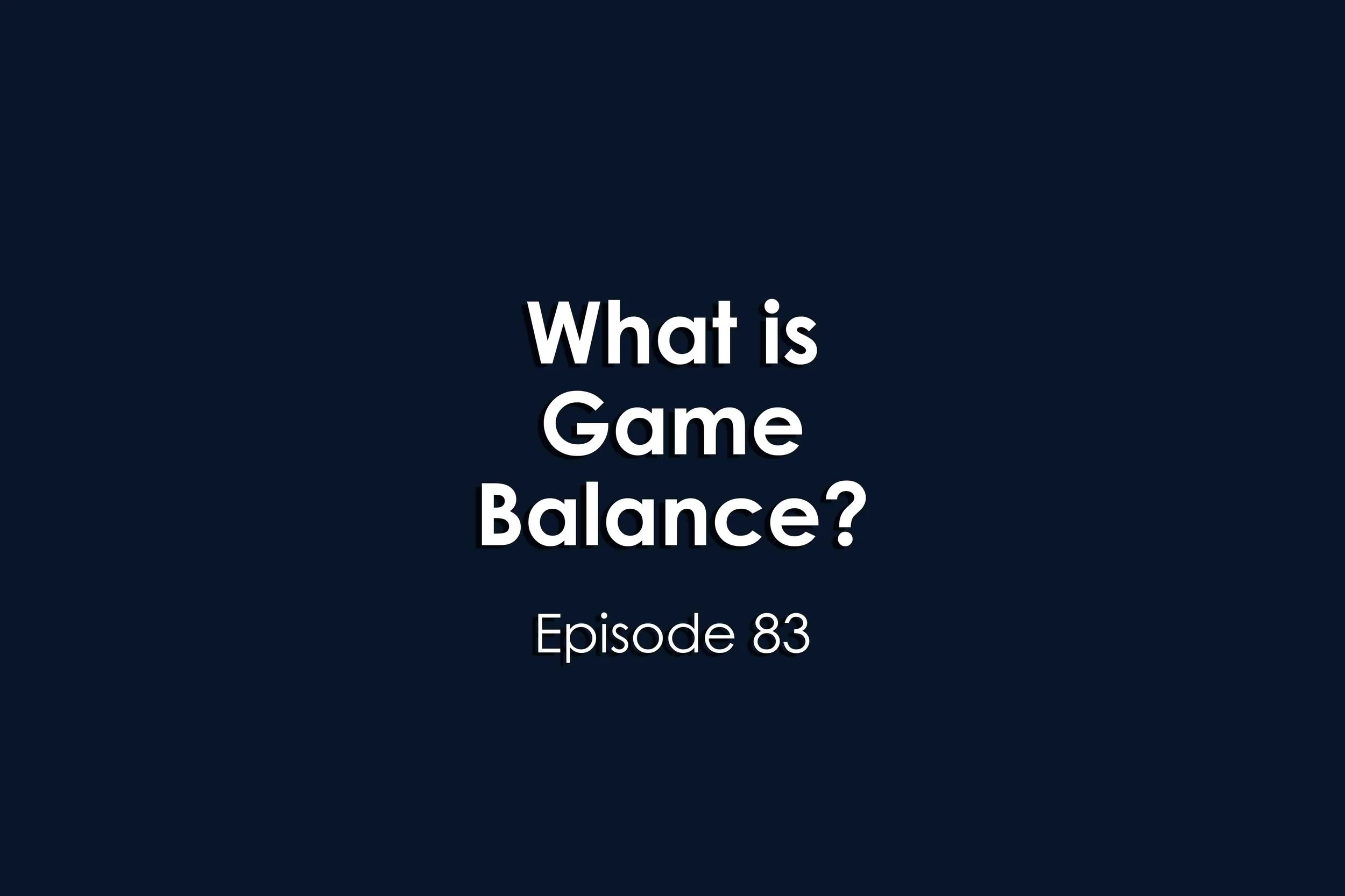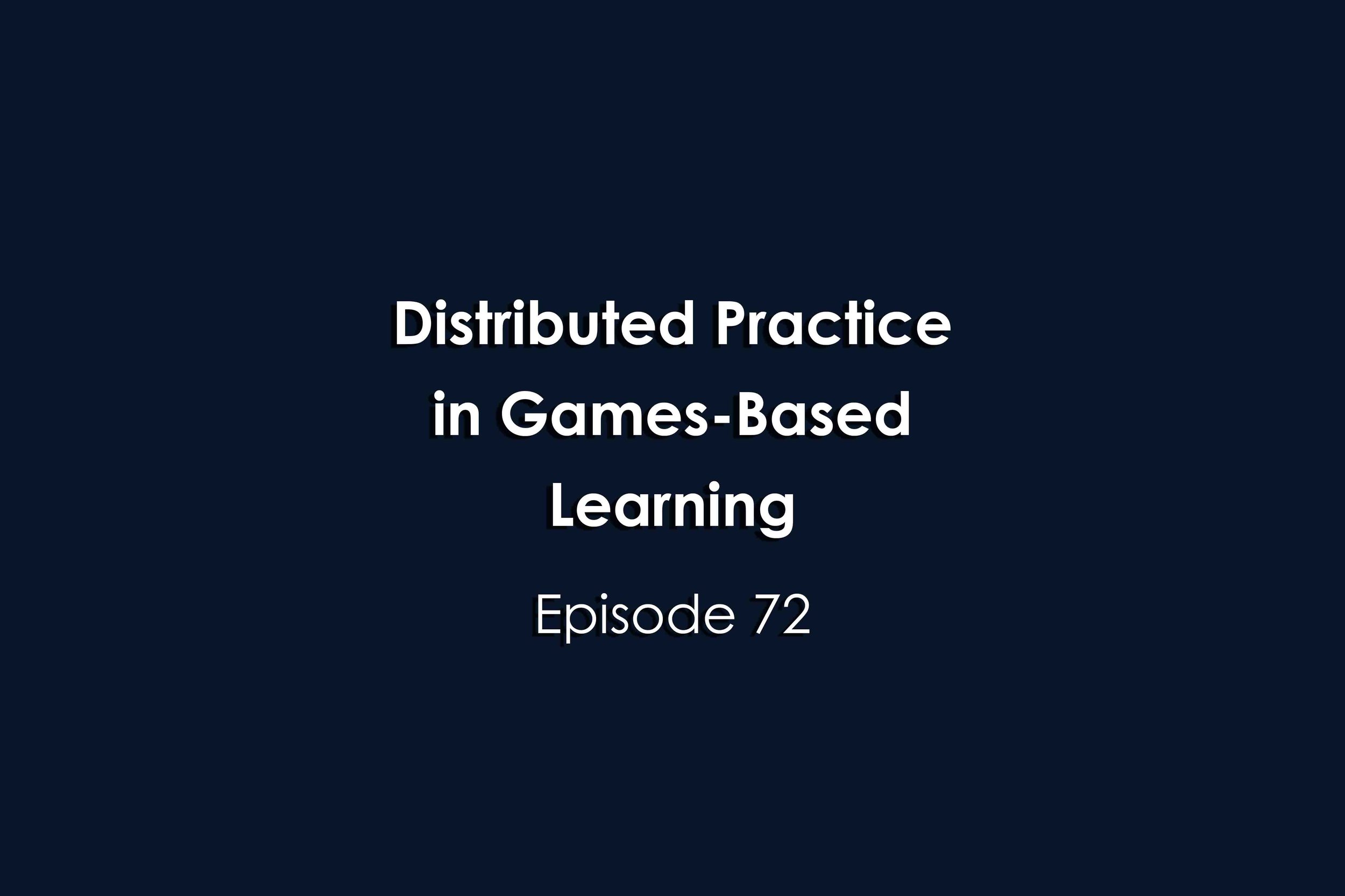On today’s episode we’ll answer the question “What is Player Scaffolding?” Many people can just jump right into games. They take one look at it and they already “get it” and know how to play. Whereas other people need a little bit of help. Sometimes this comes in the form of instruction; teaching; or learning from other players.
Read MoreIn this podcast episode, Dave Eng and his cousin Brian discuss their new podcast called AP Table Talk. They explain that the show will explore different board game mechanics such as area control and deck building, and they will discuss the history and design variations of each mechanic. They also share their early memories of playing board games separately and together, including games like Monopoly, Hero Quest, Risk, and Life. They talk about how they got into gaming and how they used to play together with their family and friends.
Read MoreOn today’s episode we’ll answer the question “What is Game Balance?” Many gamers often don’t think about “balance” when playing a game. But they should. That’s because balance creates and shapes what should be a positive player experience. But what exactly is “game balance?” How is it created and designed in games; games-based learning; and gamification?
Read MoreOn today’s episode we’ll answer the question “What is Player Reflection?” Games-based learning is a form of experiential learning. Through games-based learning players experience something concrete such as game play. Instructors, educators, and moderators then lead learners through debriefings in order help them best make sense of that experience. That debriefing also includes some kind of player reflection of that experience. But what is that player reflection? What process do players use to reflect on their experiences? How will that kind of reflection influence and affect how they learn through games-based learning?
Read MoreOn today’s episode we’ll answer how to Debrief Games-Based Learning. Using games for teaching and learning is the basis for games-based learning. But, educators and instructors don’t just play games with students or ask their students to play games. Instead, games serve as a critical and fundamental part of the curriculum for helping learners grow. That’s accomplished by making sure that a proper debriefing has occurred after game play.
Read MoreOn today’s episode we’ll answer the question: “What is Expectancy Theory?” Thinking about why we do something is often a central part of all of our activities. Those include why we work, play, or form relationships with one another. This is the central aspect of motivation: knowing what will happen or occur as a result of our own actions.
Read MoreOn today’s episode we’ll cover how players create meaning in games. Creating and making meaning is something that everyone does at every point of their day. Creating meaning is one of the hallmarks of sentience. We think, therefore we are. But what exactly is meaning? How does meaning making occur? How does meaning making relate to games-based learning?
Read MoreOn today’s episode we’ll cover Applied Games-Based Learning. Games-based learning can be a powerful tool for educators. That’s because it allows them to use established games for teaching, learning, training, and education. But how exactly do you apply games-based learning? What specific learning outcomes can you target? What games are specifically available to meet the needs of your students?
Read MoreOn today’s episode we’ll cover Playing Serious Games. Serious games are games created from the ground up for teaching and learning. These also include games created for a social purpose outside of the more tradition paths of games for entertainment.
Read MoreOn today’s episode we’ll cover designing learning games with players in mind. Games are powerful tools for teaching; entertaining; and learning. Playing games is almost always an enjoyable activity. However, designing educational games with the audience – otherwise known as players - in mind can be incredibly challenging.
Read MoreOn today’s episode we’ll cover “How to teach someone to play a game.” Bringing someone into gaming is one of the most rewarding aspects of the community. Games provide many great benefits. They can be entertaining, rewarding, and used for teaching, training, learning and development.
Read MoreOn today’s episode we’ll answer the question “What is Kingmaking?” Sometimes you’ll play a competitive game where you realize that you can’t win anymore. It’s kind of depressing to think about. However, there are things that you can do and actions that you can take that will help someone else win. This scenario is called “kingmaking.”
Read MoreOn today’s episode we’ll answer the question “How many players should a game include?” Playing games often means playing with other people. That means that we often take into account how many players a game accommodates before we begin. But what kind of impact does the player count have in games? How many players should a game include?
Read MoreOn today’s episode we’ll examine Distributed Practice in Games-Based Learning. You are probably familiar with “cramming” and studying as much as possible in the time leading up to a test. The opposite of this is “distributed practice.” Distributed practice is where students study in small increments leading up to a test or quiz.
Read MoreOn today’s episode we’ll answer the question: “What is Grokking?” You may have heard the word “Grok” before but may not have known what it meant. Grokking is used by different people and in different contexts. Usually, people use the term to convey thoroughly understanding and interaction with a game or system. But, the origins of the word; how it’s used; and its application to games and games-based learning is diverse and fascinating
Read MoreOn today’s episode we’ll answer the question: “What is Constructivism?” Learning is the transformation of experience into knowledge. That means that learning is the construction of knowledge through the learner. We are learning when we are playing games. When we play games we are actively constructing the framework for how we play, understand, and interact within the game world.
Read MoreThis episode will provide an overview of self-determination theory and how the three needs of autonomy, competency, and relatedness influence player motivation. Intrinsic vs. extrinsic motivation will be discussed in addition to how feedback loops affect the player experience. Self-determination theory in its application to both games and games-based learning will be shared. Self-determination theory’s applications outside of games and teaching will also be discussed.
Read MoreOn today’s episode we’ll answer the question: “What is a Knowledge Check?” Making sure that learners are learning what they need to learn is important. That’s especially important when teaching something critical, applicable, or related to something that is time sensitive. That’s when knowledge checks come into play. Knowledge checks are a way for us to determine whether our learners are learning what we want them to learn when we want them to learn it.
Read MoreThis episode will review how to make more visually accessible games. This should be done to make games as accessible as possible for more people: players, learners, and student included. By making games more visually accessible we adhere to better design choices that result in the creation of better games. Visual accessibility options for players will be discussed as well as the use of interactive fiction for engaging vision impaired players.
Read MoreOn today’s episode we’ll cover how to use game mechanics for learning. Game mechanics are the rules and procedures that guide players through the game. These mechanics also provide the structure for how the game reacts to players’ actions. This definition is great for game designers and developers, but what about for educators, instructors, professors, and teachers? How do they use game mechanics for teaching and learning? How can students benefit from game mechanics through games-based learning?
Read More




















